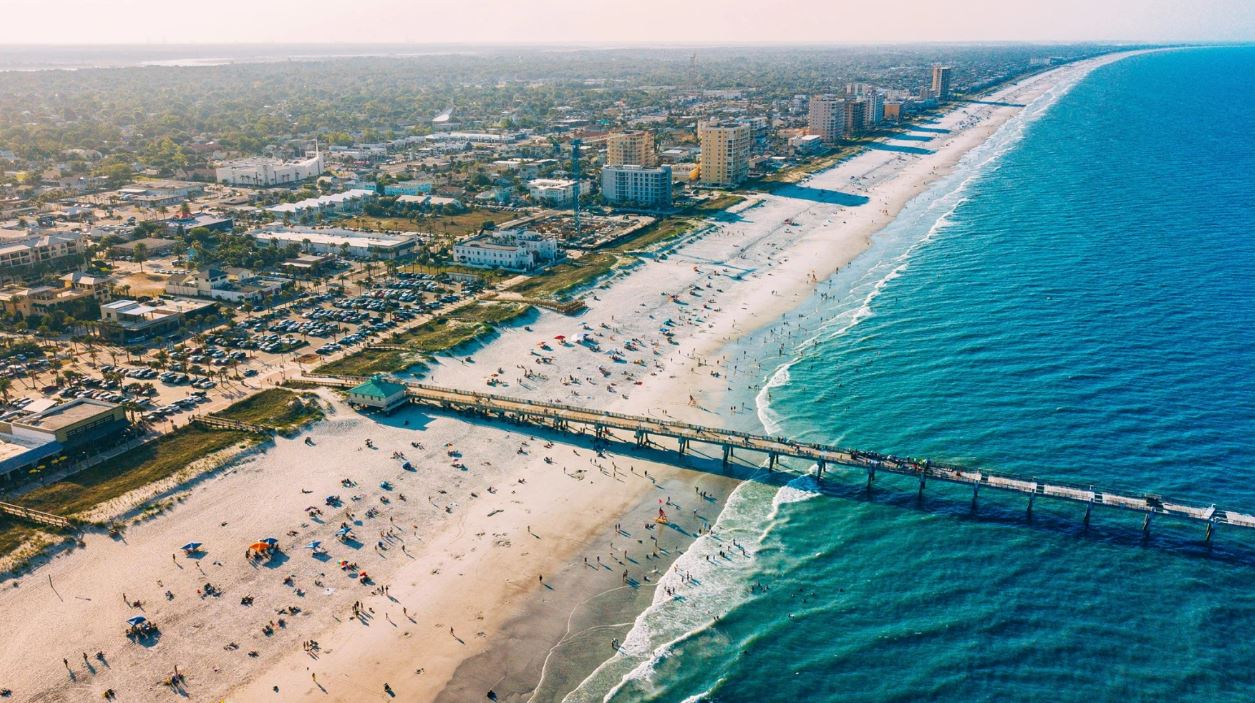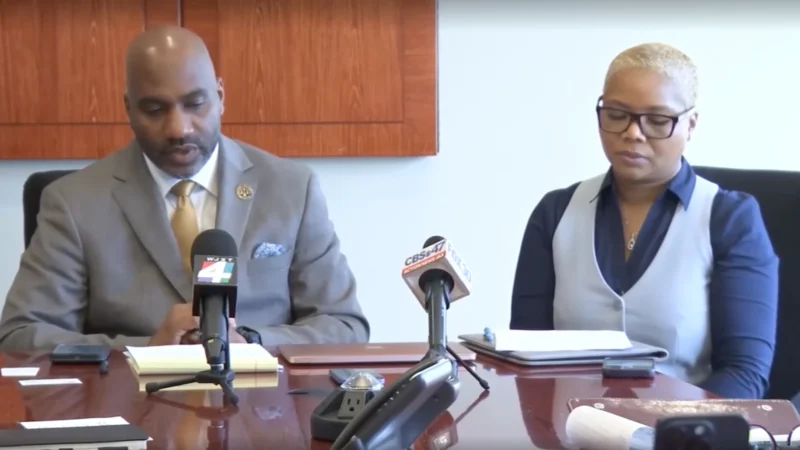Jacksonville’s tourism leader is speaking out against a plan to cut off state funding for the Visit Florida marketing agency, with money instead drawn from local tourist-development councils.
Michael Corrigan, president and CEO of Visit Jacksonville, and others warn that proposed changes would harm efforts that last year helped lead to tourism numbers topping pre-pandemic levels.
Corrigan said the proposal would increase his organization’s annual payment to the public-private Visit Florida from $15,000 to $1.5 million.
“I think it is a brilliantly bad piece of legislation. The intent is to eliminate Visit Florida.” Corrigan said. “But in reality, it’s probably going to eliminate a lot of the local destination marketing organizations as well.”
The Republican-dominated House Regulatory Reform & Economic Development Subcommittee on Tuesday approved a bill (PCB RRS 23-02) that includes the proposed funding changes. Large counties would have to submit 5% of their tourism tax revenue to the state. Rural counties would provide 2% of their tourism revenue.
In return, Visit Florida would have to allocate 75% of the money to programs that directly assist rural counties, state parks and state forests. Local tourist-development tax revenues total about $1.5 billion this year, according to a House staff analysis.
Rep. Angie Nixon, D-Jacksonville, described the proposal as “Robin Hooding” the money to smaller counties.
Visit Orlando President and CEO Casandra Matej said her organization might not be able to participate under the proposed funding formula and said Visit Florida has been critical in responding to crises.
“Think oil spills, Zika, hurricanes, red tide, algae blooms, Pulse nightclub or Surfside. Visit Florida has always been there to correct the misperceptions and get tourism back on track,” Matej said.
Rep. Mike Giallombardo, a Cape Coral Republican who is a sponsor of the proposal, has a different view.
Giallombardo credited the state’s growing tourism numbers — 137.6 million visitors in 2022, 5% higher than the previous high in 2019 — to “supply and demand.”
“Florida was open. We had no masks. People came to Florida because we were free. Our beaches were open,” Giallombardo said.
Giallombardo added that the state’s funding of Visit Florida might have had some effect on the uptick, but the state being open “was all over the news.”
The legislative proposal is expected to generate $75 million a year for Visit Florida. But after three years, every county commission collecting tourist-development taxes would get to vote on sending their locally collected money to the state. If Visit Florida fails to draw $1 million a year, it would be closed.
The House has targeted Visit Florida in the past for closure. The agency received $50 million from the state for the current fiscal year, which will end June 30. The Senate has proposed spending $80 million on Visit Florida during the 2023-2024 fiscal year.
An initial House budget proposal doesn’t include money for Visit Florida.
Senate Appropriations Chairman Doug Broxson, R-Gulf Breeze, said Tuesday that he expects the House and Senate to discuss Visit Florida during budget negotiations after the Easter holiday break.
In a news release, the tourism-industry group Destinations Florida argued the change would “cripple the ability of our state and our local communities to attract visitors” as competition grows for tourism dollars.
“This legislation would effectively destroy Visit Florida by gutting its functions and funding, leaving Florida at a global competitive disadvantage when it comes to promoting the state as a tourist destination,” the association said in the release. “It also strikes at local tourism promotion by sweeping local tourist-development taxes to Tallahassee and requiring that those taxes be reauthorized by referendum every six years, putting any organization that relies on those funds in jeopardy.”
The conservative group Americans for Prosperity-Florida praised the proposal.
“For far too long the state has funded programs like Visit Florida when not every county and city benefits from it,” Americans For Prosperity-Florida State Director Skylar Zander said in a prepared statement.
The tourism-funding changes were rolled out as the House also pursues a plan (HB 5) to close the doors on the business-recruitment agency Enterprise Florida and repeal a series of economic-development programs including the Office of Film and Entertainment.
A House staff analysis of the Enterprise Florida plan noted that Visit Florida has a $3.30 return on every $1 of advertising.
The House also is moving forward with a separate measure that seeks to shift programs within the Space Florida aerospace agency to the Department of Economic Opportunity and give the governor more control over Space Florida’s board of directors.
9(MDEwNzczMDA2MDEzNTg3ODA1MTAzZjYxNg004))






